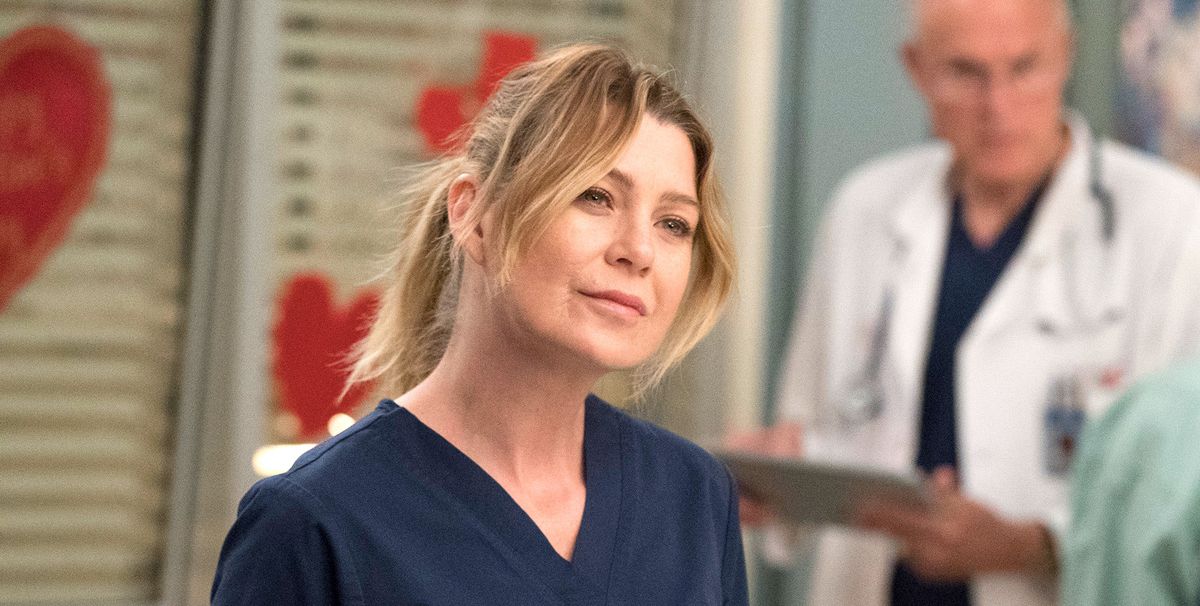It’s official. Grey’s Anatomy is now the longest running medical drama in TV history. With its 332nd episode, it surpassed the previous record holder, ER. I have watched every single episode, and some many times. I unabashadley love Grey’s Anatomy and no snark, hot take, or hip millennial opinion will get me to stop.
The show was wildly popular when it premiered with viewership peaking at over 25 million. Life was different then. Facebook was just for students, Twitter didn’t exist yet. George W. Bush was President. You get the picture. I was still in college, not a married professional with kids. The show spoke to my friends and me – the interns on Grey’s were who we wanted to be (but weren’t yet): brilliant, complicated, sexy, ambitious.
A lot has happened since 2005, both in the world of Grey’s Anatomy and (dimmer, less-just) real life. Along the way, people have stopped watching Grey’s Anatomy: its most recent season premiere had less than 7 million viewers. But, as one of the 7 million, nearly everyone I talk to has a Grey’s story. They remember the brilliant first few seasons and how they were transfixed with Meredith and Cristina’s love life. Perhaps they followed the on-set drama. They definitely have an opinion about Katherine Heigl. Regardless of when they stopped watching, these 14 million people still carry parts of the show and its worldview with them. And I’m here for that.
I’m not saying the show is perfect. There have been bad episodes, ridiculous arcs. Izzy’s sex-with-ghost plotline comes to mind. The episode when they first revealed Dr. Miranda Bailey’s mental health problem was not great. April Kepner’s introduction was rough between her awkward crush on Derek and how long it took for her to have an actual backstory.
I weathered these rough moments waiting for the more brilliant ones to shine through. And they do. Take the case of Dr. Miranda Bailey. She started the show off as so tough and exacting as to earn the nickname “The Nazi.” At first, we see her as her interns do – a slightly unknowable authority figure who expects the best of you. But as the show progress, we see more of her. We see her give birth in harrowing circumstances, losing her edge as her ability to control dissipates. We see that first mental health breakdown, the cost of always being strong and hyper-competent. And we see her take risks in her love life and as a mother – some that pay off and some that don’t. We’ve learned so much about her and the fascinating, complicated, strong woman that she is. That’s the type of nuance you get when you’ve stayed with characters for fourteen years, 330+ episodes.
Not that all the characters have stayed. Of the five original interns, only Meredith and Alex remain. Webber and Bailey are still there but that’s about it. Derek, Bourke, Addison, Callie, they’re all gone. I wasn’t sure the show could withstand the departure of Sandra Oh’s Cristina Yang. More than Meredith’s relationship with Derek, the Meredith and Cristina friendship was the central bond guiding so much of the early action. They coined “you’re my person.” They fought and reconciled and supported each other. Without that central relationship what would be the show’s heart? (Certainly not Meredith and Derek. Derek never compared…)
Luckily, the show’s ambitions were always greater than the five original interns. For example, did you know that Callie Torres is the longest running LGBTQ character in TV history? She was introduced in season two and left in season twelve leaving a string of broken hearts behind her (including mine for no longer getting to watch her). Or did you see the recent episode in which a trans character outs himself by revealing the great lengths he went to change his sex on his driver’s license? Or the compassion for Dr. Sam Bello when she faced deportation?
And less you think Grey’s is just a lefty fantasy writ large, the show also explores what it means to be a Christian in a largely secular world with the much-missed April Kepner. It explores veteran reentry issues with Dr. Owen Hunt, advocating for better medical care for veterans while valorizing their service.
You see at the heart of Grey’s Anatomy is not a single relationship or person. At its core, the show is about love and excellence, the ways these things sometimes compete and also drive each other. It’s about challenging us to love each other better and not be divided by race, class, sexuality, you name it, while also acknowledging and decrying the unjust structures that make those divisions so strong. It’s about what we can accomplish when people at all levels compete and contribute. It’s about a world where women, people of color, and particularly women of color have their talent and skill recognized.
It’s this radical vision of what humanity can be at its best that keeps me tuning in. And I’ll watch for another 300 episodes if they let me.

